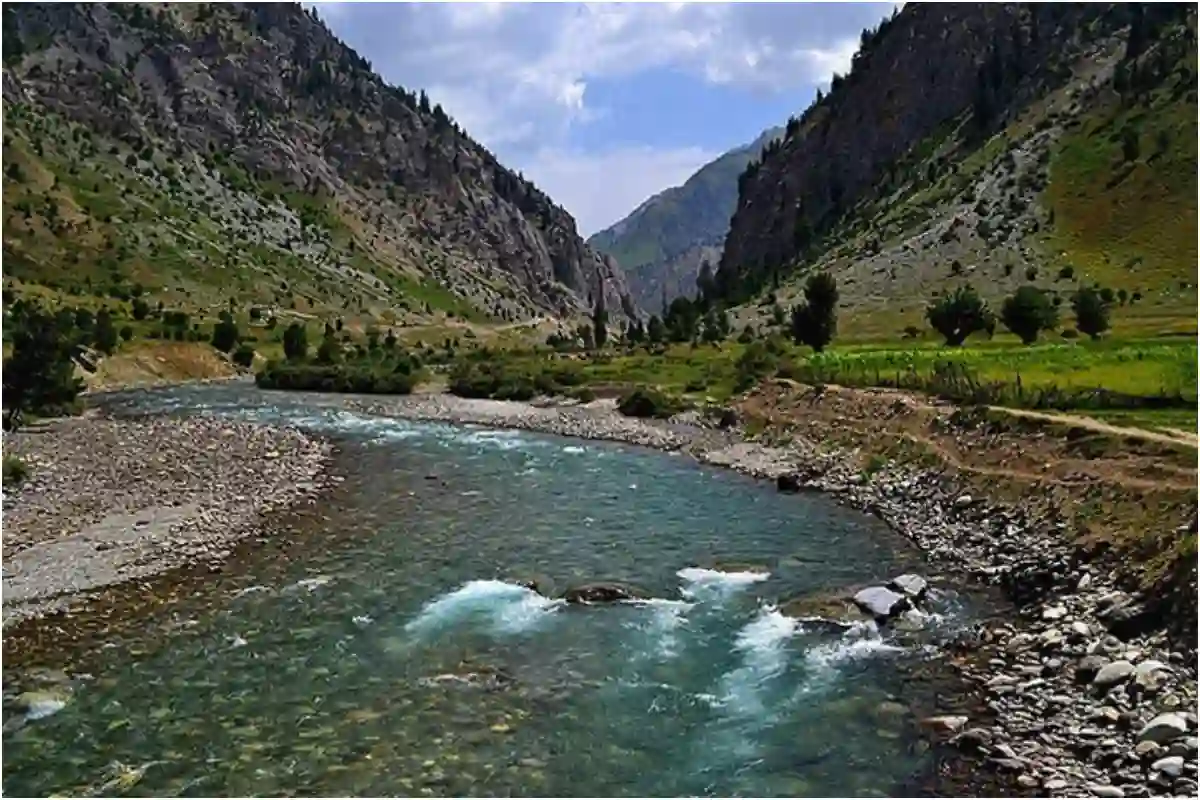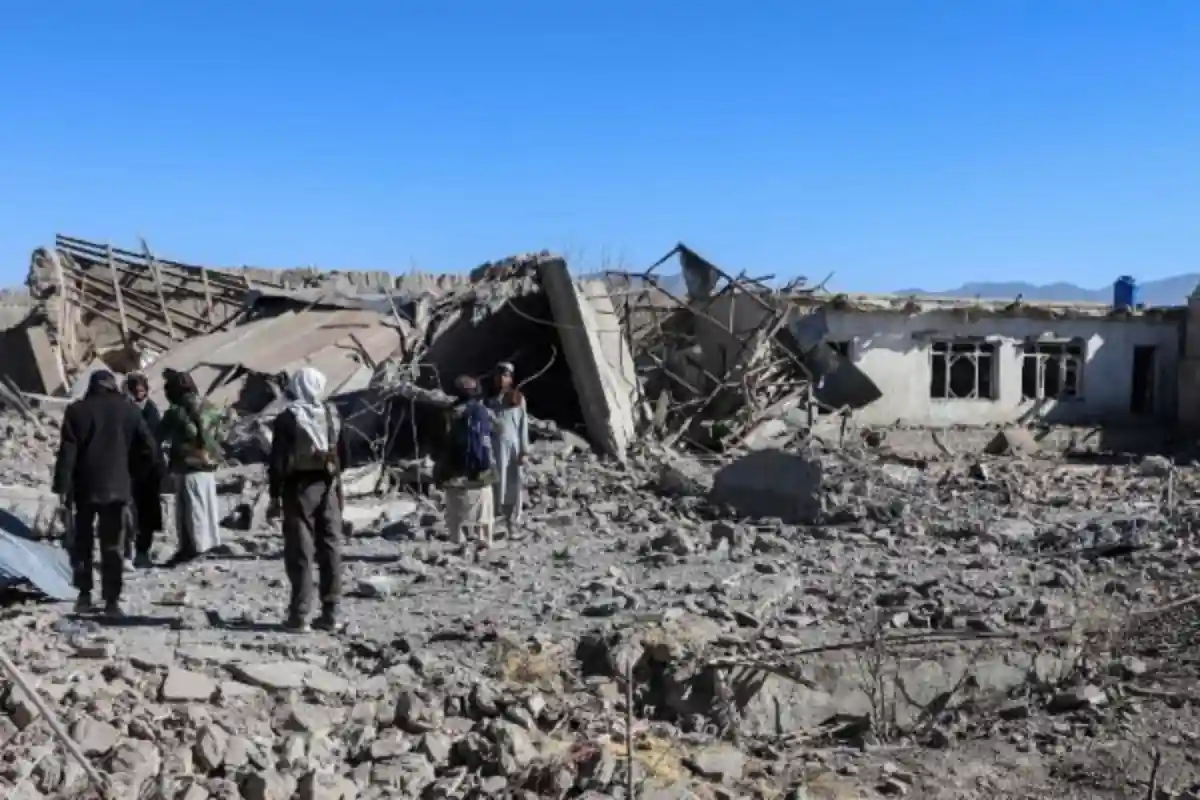In a blatant breach of the Indus Waters Treaty, India has reportedly stopped the flow of water into Pakistan’s Neelum River by diverting it from the Kishanganga Dam. Authorities say the water pressure in the river has dropped by 40 percent across eight key locations in Azad Jammu and Kashmir.
According to the local police superintendent in Athmuqam, this reduction is alarming and could severely affect the region’s water supply and ecosystem. India’s move is seen as a continuation of its strategy to deprive Pakistan of its rightful share of water from rivers that are legally designated for Pakistan’s use under the 1960 treaty.
In a parallel development, India has also accelerated work on connecting the Chenab River with the Beas and Ravi rivers. This strategic shift is widely viewed as part of a larger plan to limit water flow into Pakistan.
Following a deadly attack in Indian-administered Kashmir on April 22 — which New Delhi blamed on Pakistan, a charge Islamabad strongly denies — India “put in abeyance” its participation in the Indus Waters Treaty. Prime Minister Narendra Modi then directed officials to fast-track water projects on the Chenab, Jhelum, and Indus rivers.
One such project involves extending the Ranbir Canal on the Chenab River from its current 60 kilometers to 120 kilometers. If completed, the canal could divert up to 150 cubic meters of water per second to India, far exceeding the 40 cubic meters allowed for irrigation under the treaty.
Meanwhile, China is also pressing ahead with the Mohmand Dam construction in Pakistan, underlining the strategic significance of water security in the region.
In response to these developments, the Pakistan Army issued a strong statement warning India of “dire consequences” if it attempts to block or divert Pakistan’s share of Indus waters. Military officials emphasized that such actions could provoke a long-lasting crisis between the two nuclear-armed neighbors.
Tensions over water sharing have flared repeatedly between Pakistan and India, but experts warn that unilateral actions could destabilize regional peace and threaten millions who depend on these river systems.












